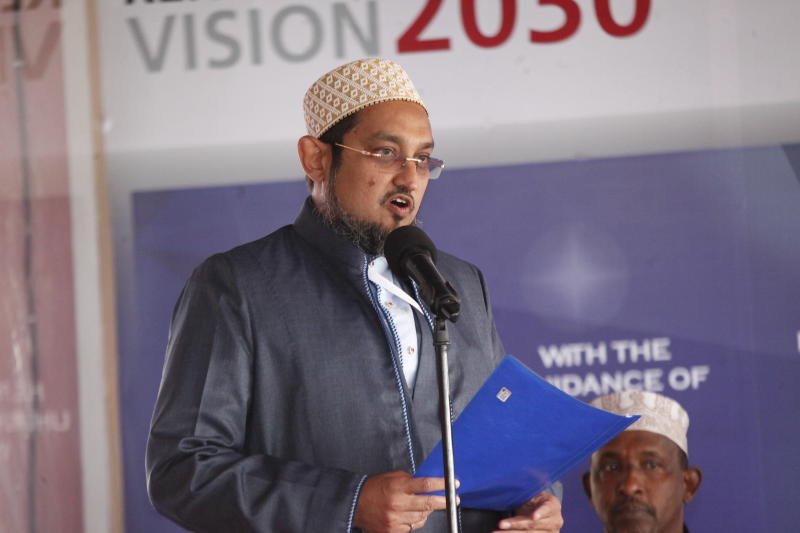×
The Standard e-Paper
Home To Bold Columnists

NAKURU, KENYA: A habitual traveler using the Nakuru-Eldoret highway will notice changes along the route and especially around Salgaa area where local and multinational companies are setting up their base.
Vast level fields which were previously maize and wheat plantations have been transformed into a set of multibillion industries, a few already in operation while a handful others are under construction.